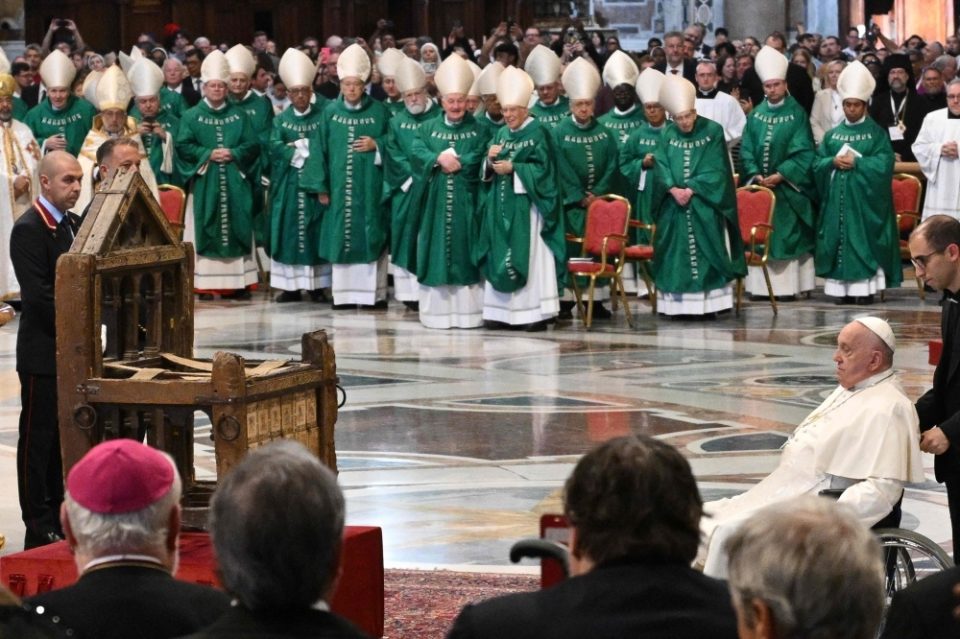The Pontifical Commission for the Protection of Minors reported on Tuesday that parts of the Roman Catholic Church continue to inadequately address the reporting of clerical sexual abuse, raising concerns over “lack of transparency” in the Vatican’s processes.
In its first annual report, the commission assessed safeguarding protocols among bishops in 17 countries and evaluated the Church’s central administration in handling abuse cases. The findings revealed a troubling absence of reporting structures and survivor support services, which could erode trust among victims and the faithful.
The report recommends providing compensation for survivors, appointing a special “procurator” to represent victims, and calls for Pope Francis to issue an encyclical focused on protecting children and vulnerable adults.
This announcement follows Francis’s recent trip to Belgium, where he faced criticism regarding the Church’s handling of abuse cases. Both King Philippe and Prime Minister Alexander De Croo urged for more decisive action.
During a press conference at the Vatican, Cardinal Sean O’Malley expressed gratitude to survivors for their courage in speaking out and dedicated the report to them. He recognized the ongoing need for reform and expressed frustration at the slow pace of change while reaffirming the Church’s commitment to a transparent safeguarding ministry.
Juan-Carlos Cruz, a Chilean abuse survivor and commission member, described the report’s release as an “important first step” in addressing abuse within the Church. He highlighted that the lack of communication with survivors and opaque investigations can lead to “re-trauma.”
The production of the report was led by Maud de Boer Buquicchio, a former UN special rapporteur, who was tasked with producing an annual report on child protection initiatives at the Pope’s request.
The report pointed out that bishops in Papua New Guinea and the Solomon Islands have made inadequate provisions for victim support and that survivors were not directly involved in shaping Church safeguarding policies. In Cameroon, cultural challenges hinder direct confrontation of abuse issues, according to the commission’s findings.
Criticism was directed at the Vatican’s Dicastery for the Doctrine of the Faith, the office responsible for handling clerical abuse cases, due to its lack of transparency and prolonged procedures, which can be re-traumatizing for victims. The report stated that this body has only shared limited statistical data regarding its activities.
Concerns were also raised about anti-abuse measures within the Church’s charitable organization, Caritas, citing past abuse allegations against a former director in the Central African Republic.
Despite these alarming findings, the report acknowledged the positive developments in some areas of child protection, recognizing instances of robust safeguarding measures. The ongoing efforts underscore the Church’s struggle to fully address and rectify the longstanding issues surrounding clerical sexual abuse.




